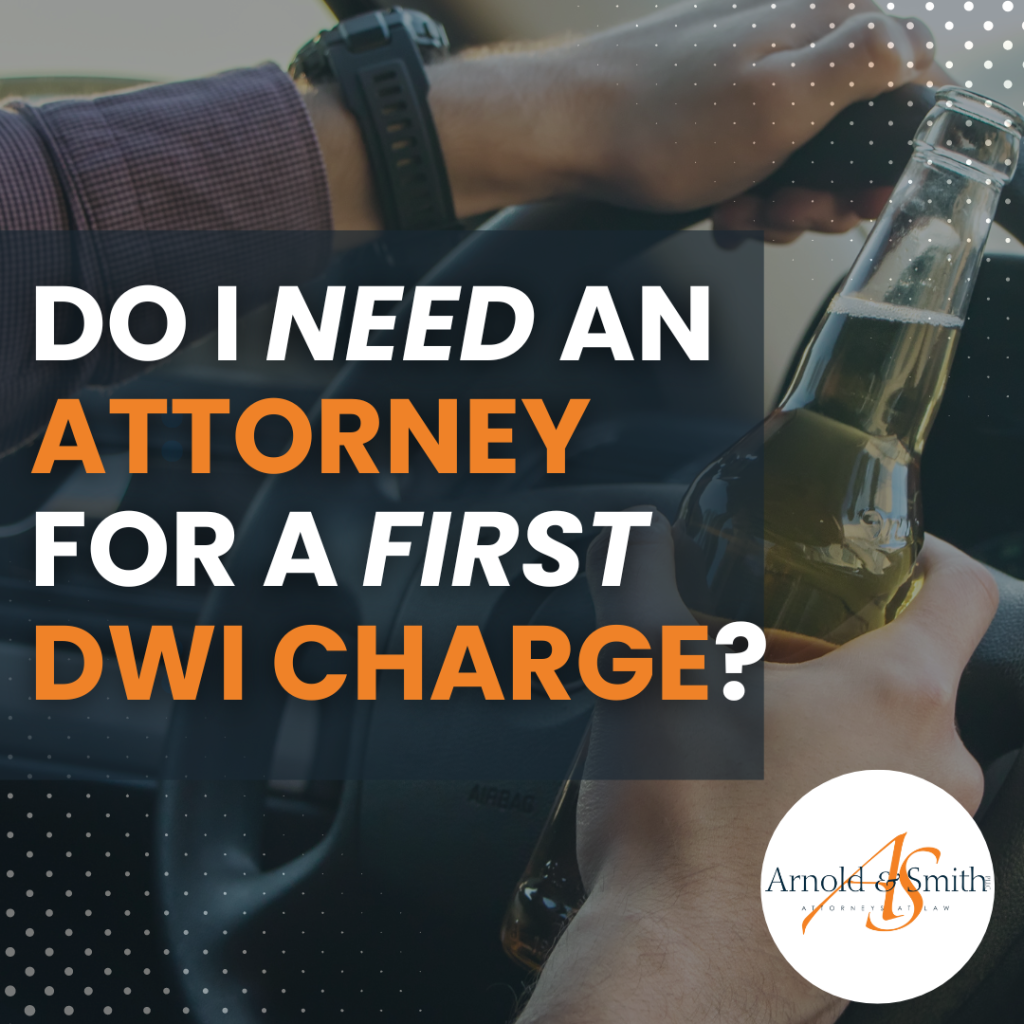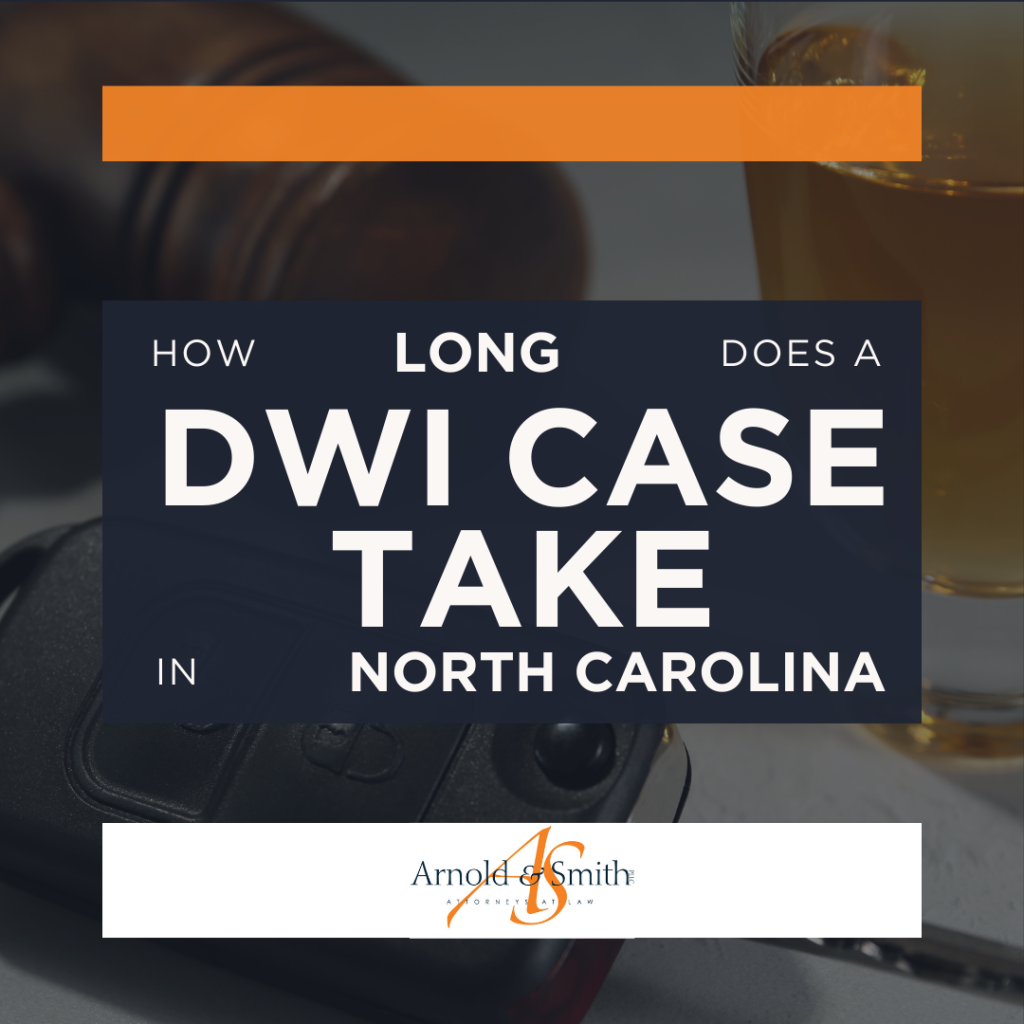 Five Things to Know About DWI in North Carolina
Five Things to Know About DWI in North Carolina
Driving while impaired, DWI, is a serious offense and if you are convicted, you could face serious penalties. A DWI conviction can limit your ability to get a job or find an apartment and can increase your car insurance rates. If you are facing a DWI you will want to vigorously defend the charges with help from an experienced DWI attorney. Here are five important things to know about DWI in North Carolina.
The Legal Limit is 0.08% BAC
 Charlotte Criminal Lawyer Blog
Charlotte Criminal Lawyer Blog










